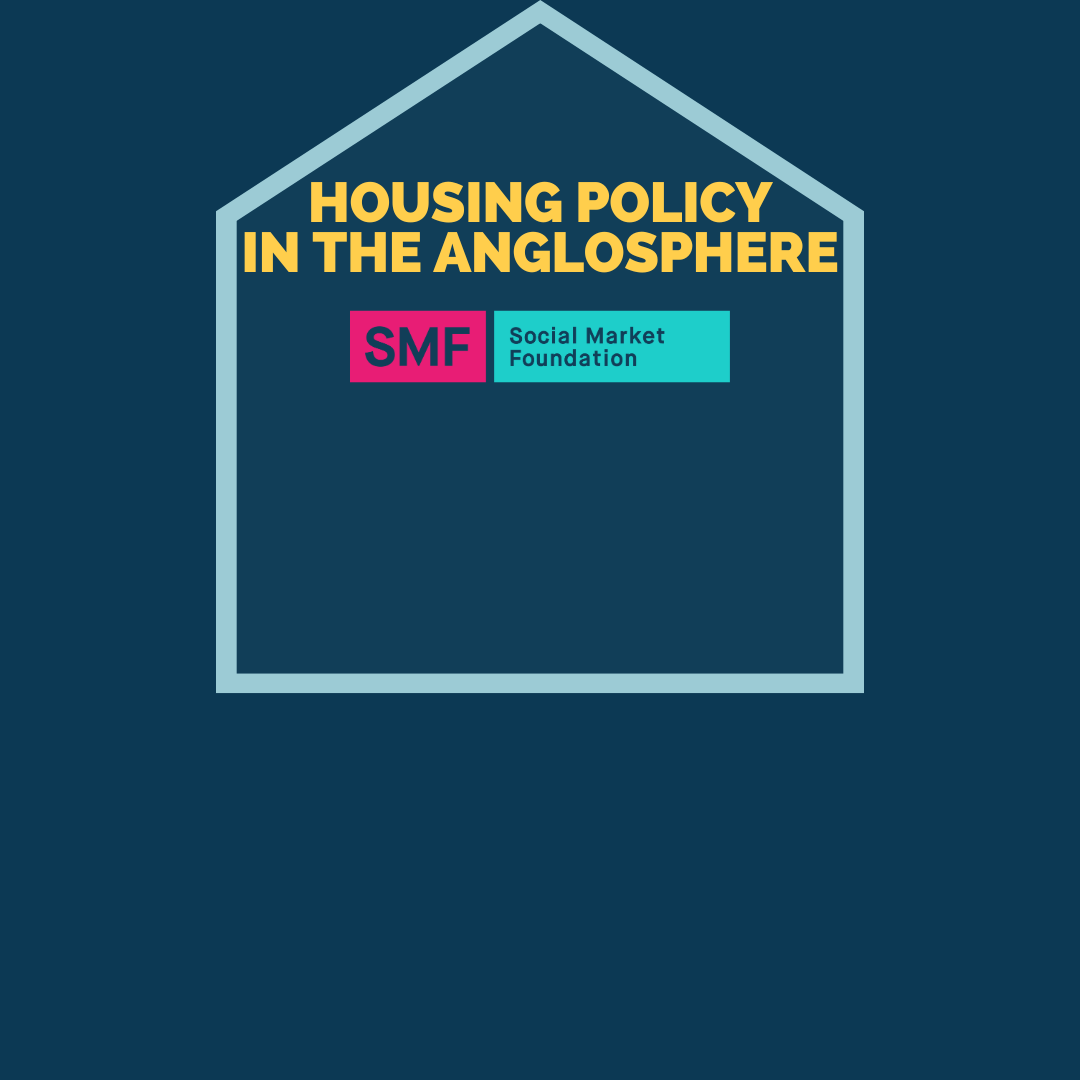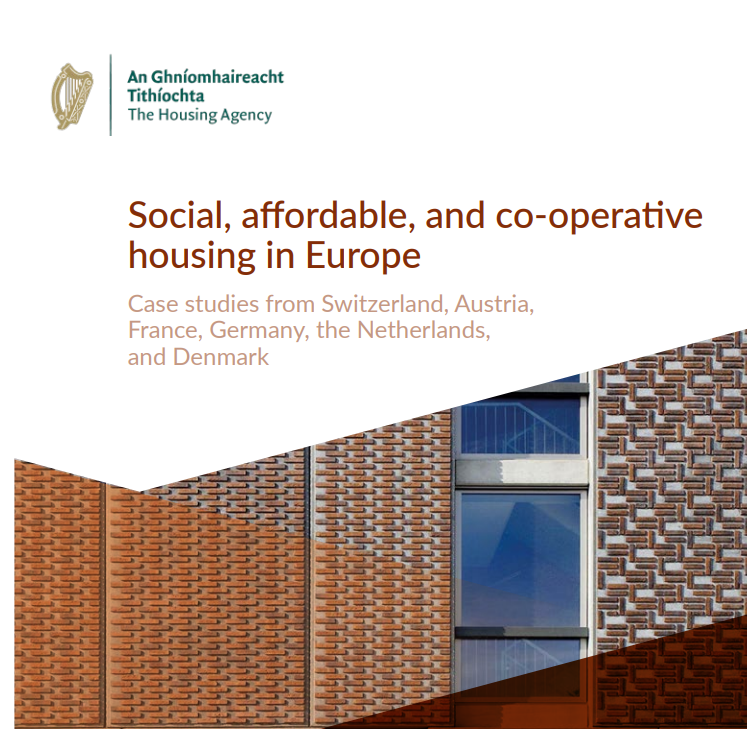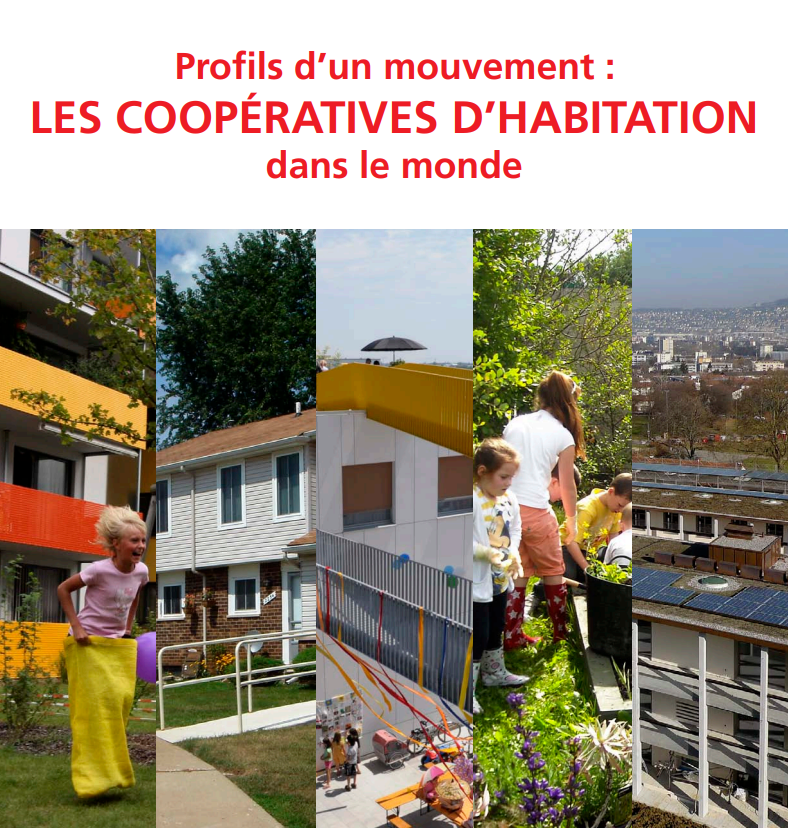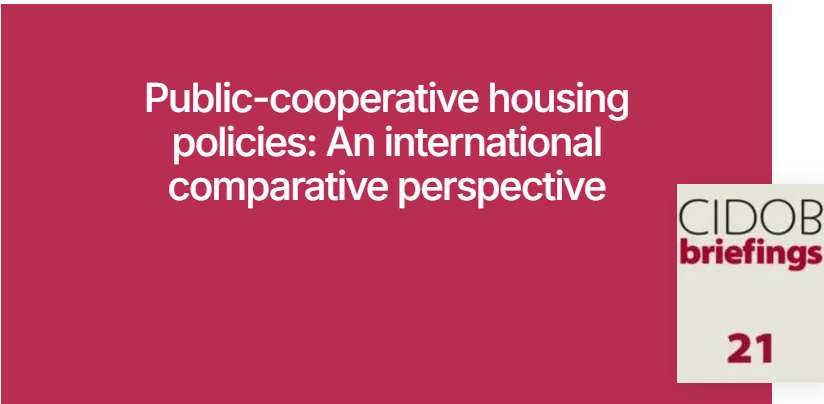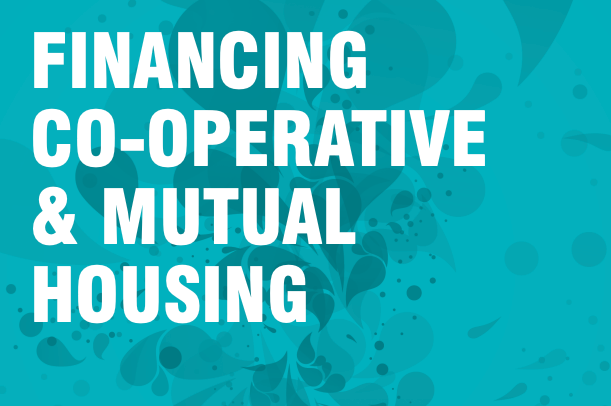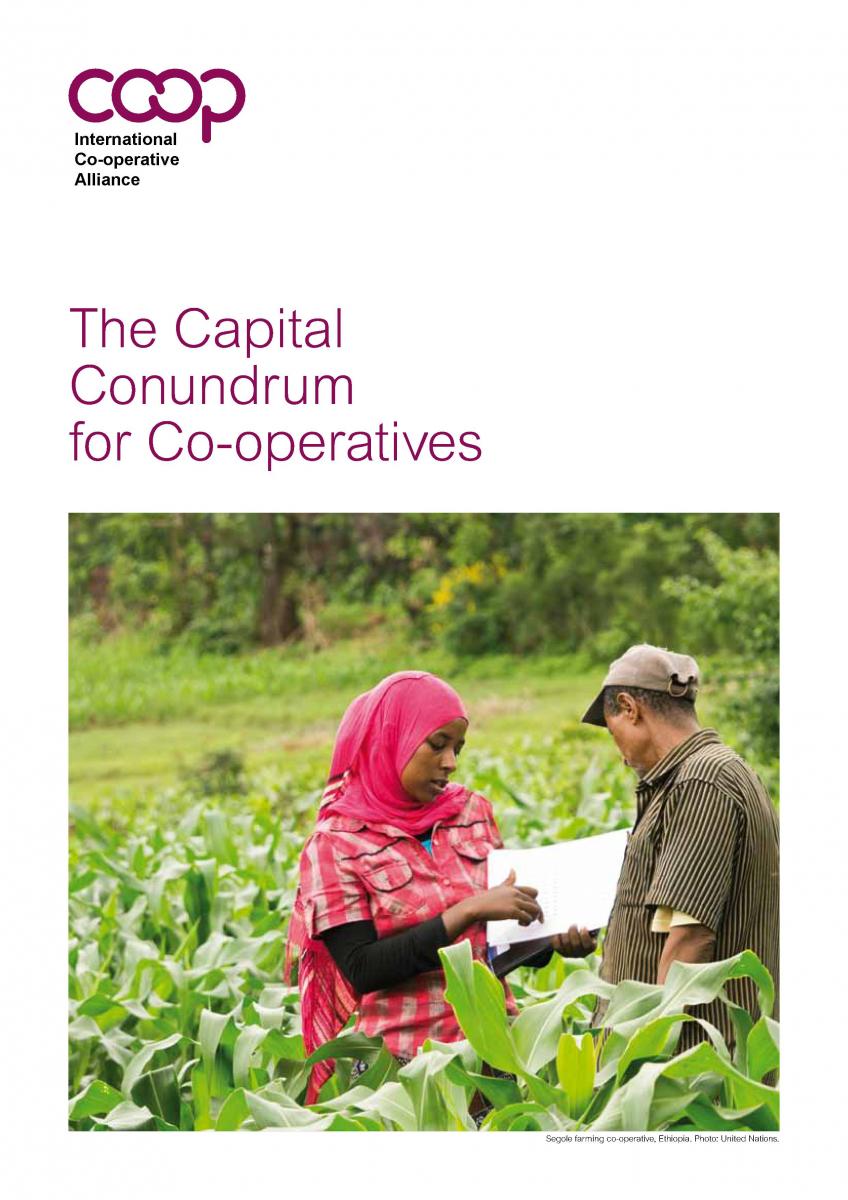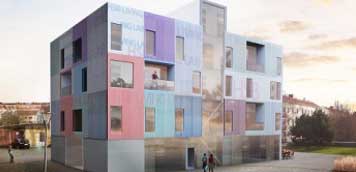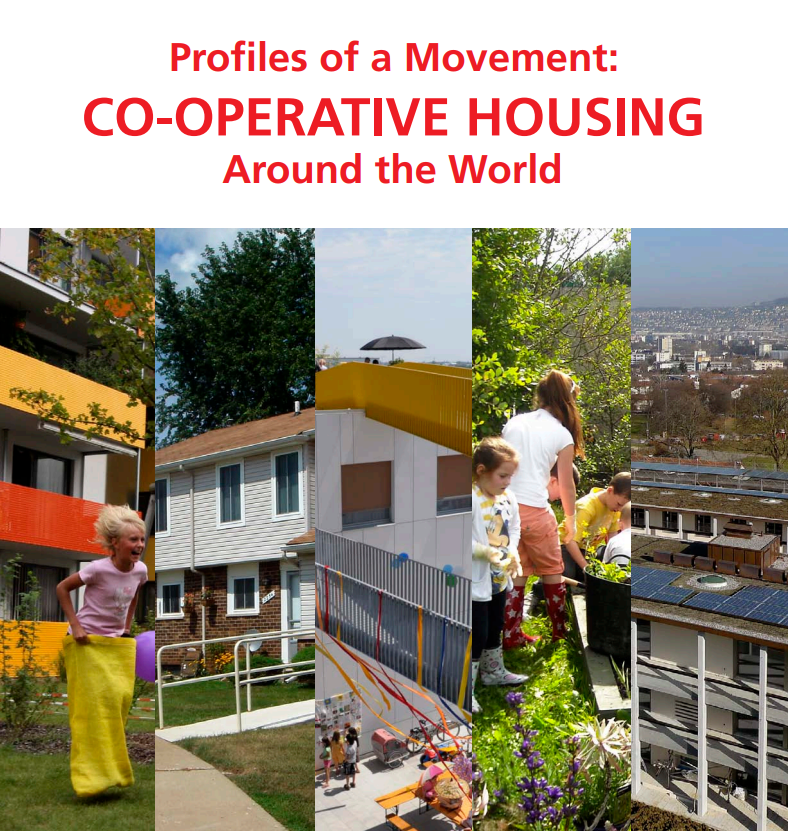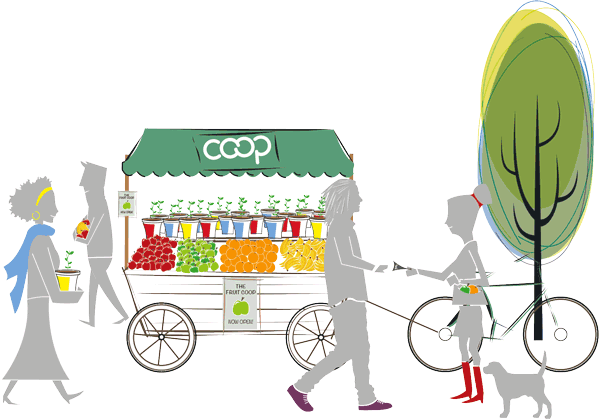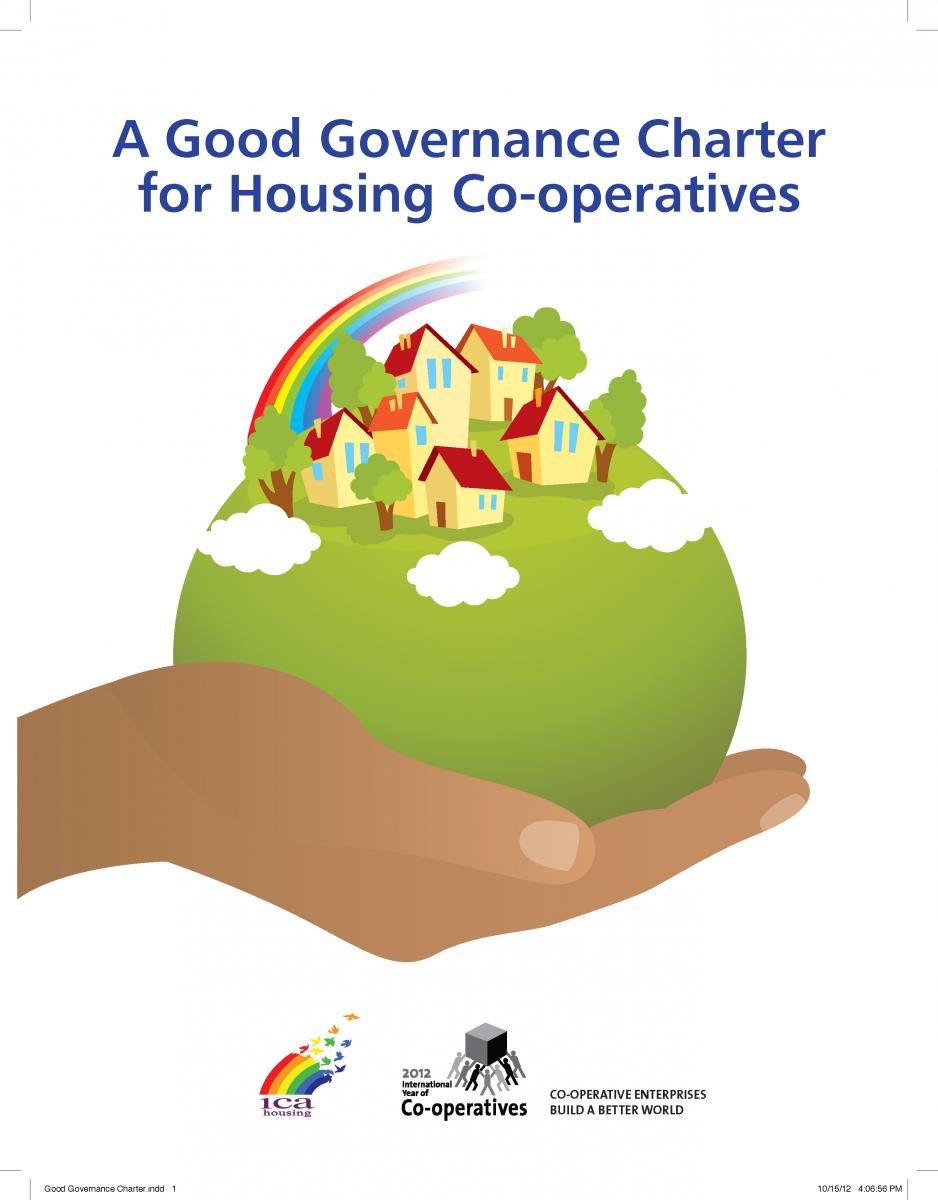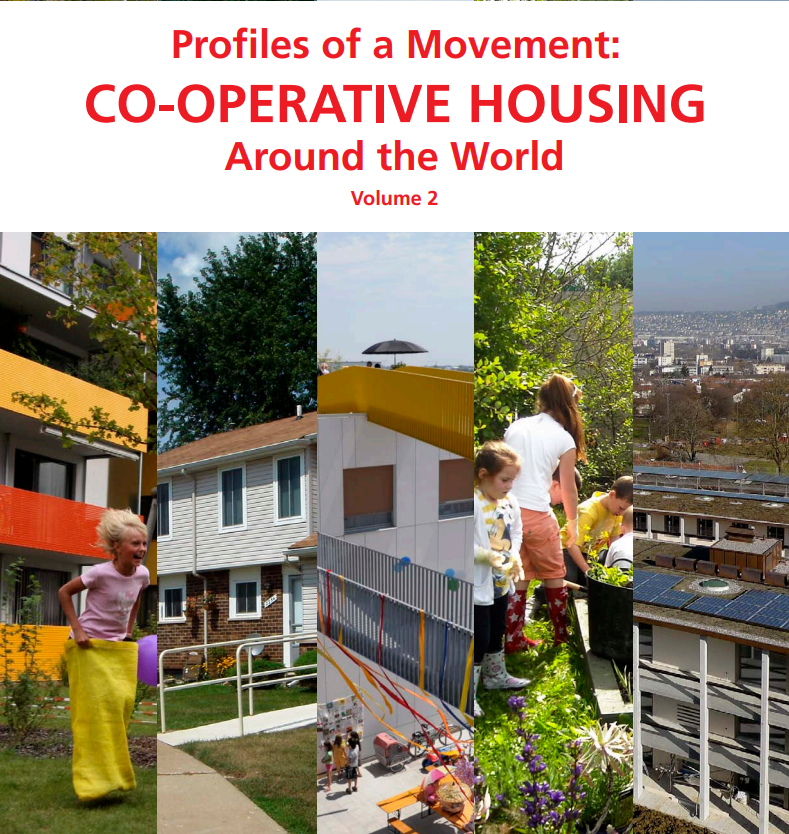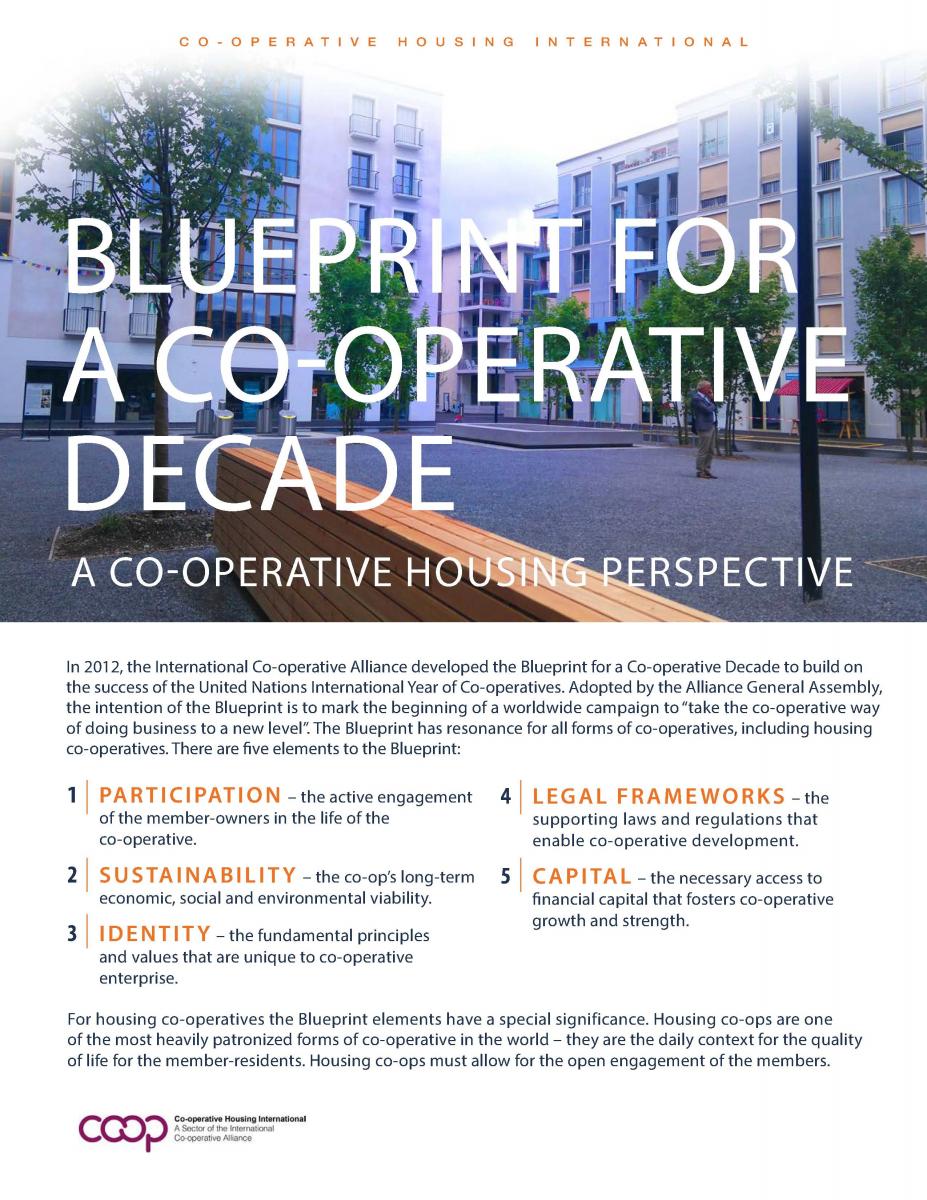About Ireland
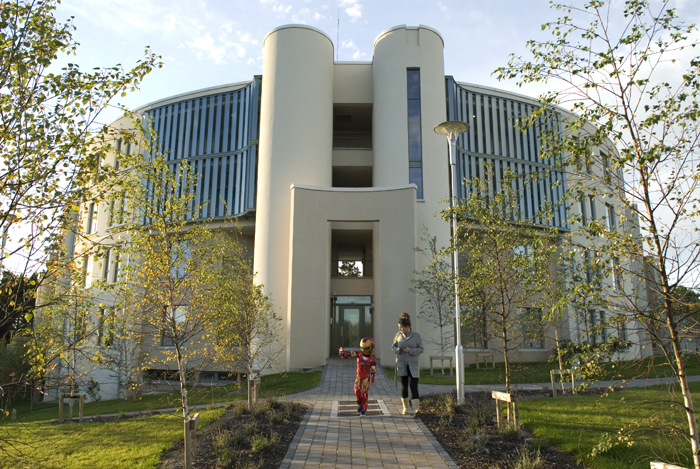
Riverside Housing Co-operative, Loughlinstown, Co. Dublin
History of Cooperative Housing in Ireland
The roots of cooperative housing in Ireland trace back to the 1950s. Early cooperative housing societies emerged as local, self-help homeownership groups focused on providing affordable homes for their members. During the 1960s and early 1970s, growing demand from young couples seeking homeownership in expanding rural towns and suburban areas led to a rise in these cooperative projects.
By the 1970s and 1980s, around 3,000 homes were built by these co-ops across Ireland. Typically, these projects included 10 to 60 houses each. Today, homeownership building cooperatives remain an important part of the cooperative housing landscape in Ireland.
In 1973, representatives from local housing co-operatives established Co-operative Housing Ireland (formerly NABCO) as the national federation to promote and develop cooperative housing in the country. State financial assistance beginning in 1979 allowed the association to expand its support services and outreach.
Traditionally, Irish housing policy has strongly favored individual homeownership. Approximately 70% of Irish households own their homes, a dramatic increase from about 10% at the foundation of the Irish state in 1922.
Development of Social and Cooperative Housing
Ireland’s social housing efforts date back to voluntary and philanthropic trusts in the 1890s. After 1922, state funding supported local government programs for larger-scale social housing developments. Voluntary organizations continued to provide targeted housing solutions for the elderly and homeless, mainly through private funding and charitable donations.
By the 1980s, shifting housing needs led the government to diversify public spending, supporting not-for-profit rented housing through approved housing bodies. In 1984, a new capital assistance scheme enabled Co-operative Housing Ireland to launch the country’s first rental housing cooperatives. This expanded further in the 1990s with additional loan and subsidy programs.
However, since the 2008 global economic downturn, government funding for new housing projects has declined by over 80%. Capital funding is now almost nonexistent, with social housing supply relying more on leasing arrangements. Co-operative Housing Ireland continues working with local governments to deliver developments through these mechanisms.
Current Role and Impact of Cooperative Housing in Ireland
Local governments remain the primary providers of social housing and play a key role in approving funds for cooperative housing projects. These co-op developments help alleviate local housing needs alongside voluntary housing organizations.
Co-operative Housing Ireland has facilitated over 35 new rental housing developments with local co-operatives and government support. Co-op members actively participate in management boards, ensuring their interests as housing service users are represented.
Local cooperative housing societies, emerging in the 1990s, pool resources to reduce overhead costs and provide professional housing management services. Cooperative developments generally range from 10 to 80 units, with some larger mixed-tenure projects of up to 200 units.
Economic Context and Housing Challenges
Between 2001 and 2011, Ireland experienced a housing boom, with 28% of its current housing stock built during that period. However, the 2008 economic crisis caused an oversupply of housing. By 2011, about 14.5% of homes were vacant, while over 100,000 households needed housing support due to unemployment, high costs, and restricted credit.
Social rented housing, mainly by local authorities but also by voluntary and cooperative bodies, serves around 8% of households. Legislation introduced in 2001 mandated private developers to allocate up to 20% of new builds for social and affordable housing, some of which supported cooperative ownership. Yet, with construction slowed, this law currently offers limited impact.
Policy Framework and Future Prospects
The 2011 Housing Policy Statement envisions an expanded role for voluntary and cooperative housing sectors as local authorities reduce new social housing construction. It also calls for closer regulation of these sectors.
Although cooperative social rented housing stock remains relatively small, it is growing steadily. This expansion increases access to quality, affordable housing with secure tenure for members who commit to cooperative responsibilities. Rental housing co-operatives provide socially balanced solutions to community needs.
Co-operative Housing Ireland has introduced policy proposals to utilize vacant housing stock, including a Co-operative Equity Share model, allowing families and co-operatives to share ownership of unused or incomplete developments.
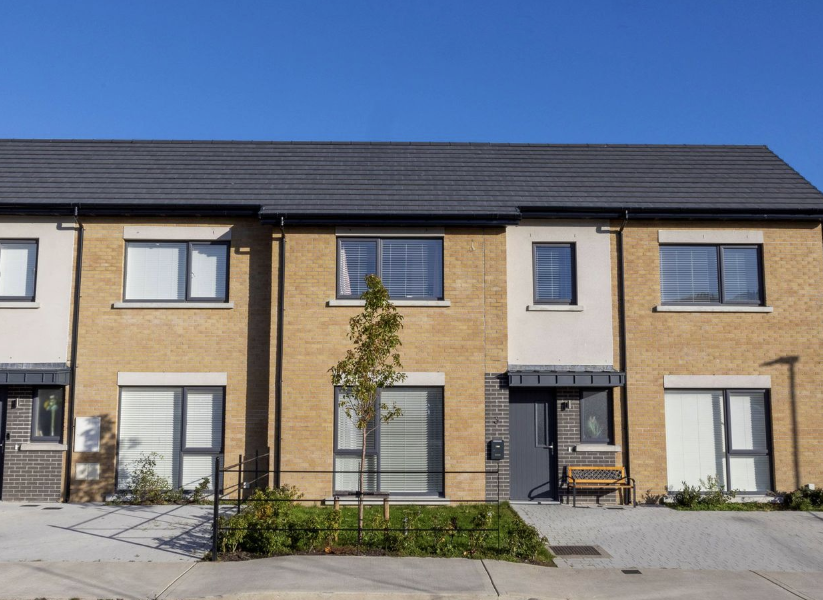
Kilruddery Glen, Bray, Ireland
Key Features of Cooperative Housing in Ireland
-
Not-for-profit: Surpluses are reinvested to meet cooperative goals rather than paid out as dividends.
-
Focus on housing needs: Relief of deprivation and affordable housing are central objectives. Housing co-operatives benefit from tax relief due to their charitable nature.
-
Local developments: Typically range from 15 to 80 units, though some larger projects exist.
-
Shareholding members: Residents mainly compose cooperative memberships.
-
Rental cooperatives: Members do not have equity and cannot buy or sell units.
-
Democratic governance: Each member has one vote and can serve on management committees.
Rental cooperative members are typically nominated from local authority social housing waiting lists. New projects collaborate with local authorities to match applicants to appropriate dwellings.
Members receive comprehensive orientation on cooperative membership, management, and tenancy terms. Rents are income-related and supplemented by government subsidies covering management and maintenance costs. Furthermore, members do not acquire equity, and the homes are not eligible for tenant purchase.
Types of Cooperative Housing in Ireland
-
Home-ownership building co-operatives: Formed to build affordable ownership homes for financially capable members.
-
Local cooperative housing societies: Network rental co-operatives offering common services and professional management, with boards elected by members.
-
Some societies also provide childcare and family support using communal facilities.
Financing Cooperative Housing
Co-operative Housing Ireland (CHI) and affiliated societies are Approved Housing Bodies (AHBs), allowing them to access government housing schemes. These include:
-
Capital Advance Leasing Facility (CALF): A government grant covering up to 30% of capital costs for rental housing projects.
-
Payment and Availability Agreement (P&A): An agreement where the state pays an annual availability payment for making units available for social housing tenants, typically nominated by local authorities.
-
Capital Assistance Scheme (CAS): A grant for building or acquiring homes for special needs groups (e.g., the elderly, disabled, homeless).
-
Capital Loan and Subsidy Scheme (CLSS): An earlier scheme supporting co-operative rental and shared ownership housing; no longer active for new projects but relevant for legacy developments.
Private Finance
To fund the remaining cost not covered by government grants:
-
CHI secures long-term loans, mainly from the Housing Finance Agency (HFA)—a state body that lends to AHBs.
-
Some additional funding comes from commercial lenders, depending on the project scale and risk profile.
Leasing Arrangements
Due to a sharp drop in direct capital funding after 2008, the state shifted toward long-term leasing models:
-
Co-ops or CHI may lease private housing (built or purchased) and then sublease it to tenants, with rents subsidized by the state.
-
This model reduces upfront capital requirements but ties co-ops into long-term management and maintenance obligations.
Legal Framework for Cooperatives in Ireland
Housing co-operatives incorporate under the Industrial and Provident Societies Acts (1893–1978) and follow standard rules issued by Co-operative Housing Ireland, aligning with cooperative principles.
Approved Housing Bodies (AHB) must meet criteria regarding nonprofit status, charitable objectives, and housing management. Co-operatives also comply with relevant employment, safety, building, and tenancy laws.
The Cooperative Housing Movement Today
The cooperative housing sector in Ireland includes Co-operative Housing Ireland, its affiliated local co-operatives, members, committees, and staff. As a federated, not-for-profit society, it promotes cooperative housing development, supports local societies, and advocates for better community living.
Co-operative Housing Ireland represents the co-operative movement nationally and at the EU level. It assists new co-operatives with incorporation, governance, and training, and participates in national social partnerships. It also works through the Co-operative Alliance of Ireland and nominates candidates for Seanad Éireann elections.
Resources Tagged "Ireland"
This award-winning essay explores the historical context of the housing cooperative model in Ireland and examines how this model is currently being implemented in various countries around the world. By analyzing Ireland's past and contemporary international housing cooperative projects, the author offers recommendations for the model's future development in Ireland.Read More
Financing and Development Ireland Report
Five reports investigate housing policy from other countries for solutions to the UK’s housing shortage. Each of the five reports is a comparative study of housing policy internationally with a particular focus on Australia, Canada, Ireland and New Zealand.Read More
Policy Australia Report
The Housing Agency of Ireland compiled 44 case studies from Switzerland, Austria, France, Germany, the Netherlands, and Denmark. The case studies respond to the various challenges of providing adequate housing. The report includes public projects led by government or city authorities, mixed-tenure private developments, and collective schemes led by residents. Like Ireland, all the selected countries have an established tradition of providing housing that is not purely market-oriented to meet a portion of their housing need.Read More
Austria Report
L'habitat coopératif offre des logements abordables à long terme, gérés par les résidents, avec des avantages sociaux, économiques et environnementaux avérés. Malgré son impact mondial, ce secteur reste méconnu.Read More
Financing and Development Global Report
Explore public policies supporting cooperative housing worldwide in this comprehensive report. Discover how governments and cooperatives collaborate to create sustainable and affordable housing solutions globally.Read More
Research Global Research Paper
The Commission's final report on Cooperative and Mutual Housing (Bringing Democracy Home) highlighted the need for consideration of the role that cooperative and mutual housing could play in the national housing strategy. The Fina ...Read More
Financing and Development Global Report
Par cette publication, nous souhaitons ouvrir le débat sur le logement en tant que droit fondamental et enjeu métropolitain, en mettant en lumière l’expérience de grandes métropoles et dans l’espoir d’inspirer des idées nouvelles pour aborder cet enjeu absolument fondamental de l’urbanisation moderne.Read More
Advocacy Global
In 2000, United Nations (UN) member states recognised the need to build global partnerships for development and the exchange of expertise as one of the Millennium Development Goals. Across the international development field, part ...Read More
Financing and Development Global
New report: The Capital Conundrum for Co-operatives "The Capital Conundrum for Co-operatives", a new report released by the Alliance’s Blue Ribbon Commission explores ideas and options available to co-operatives that need suitab ...Read More
Financing and Development Global
Financing the development of housing co-operatives is a challenge and more so in time of financial restrictions and uncertainty. CHI members discussed the issue during a seminar held in November 2009 in Geneva. Presentations w ...Read More
Financing and Development Global
The Forest Products Annual Market Review 2013 reports that the development of new refinement processes has led to the production of new and more affordable wood based products such as cross-laminated timber (CLT). The report sta ...Read More
Sustainability Global
Updated Guidance Notes on the Co-operative Principles, edited by David Rodgers, former President of Co-operative Housing InternationalRead More
Governance Global
The ILO views cooperatives as important in improving the living and working conditions of women and men globally as well as making essential infrastructure and services available even in areas neglected by the state and investor-driven enterprises. Cooperatives have a proven record of creating and sustaining employment – they provide over 100 million jobs today; they advance the ILO’s Global Employment Agenda and contribute to promoting decent work.Read More
Legal Global
Cooperative housing offers long-term, affordable homes governed by residents, with proven social, economic, and environmental benefits. Despite its global impact, the sector remains under-recognized.Read More
Financing and Development Europe Report
Student housing cooperatives have become very popular in the USA and many of these housing co-operatives are members of organizations such as NASCO. Unlike a resident who acquires shares at market rates to earn the right to occupy ...Read More
Community Global
The Good Governance Charter for Housing Co-operatives was launched at the ICA Housing Plenary in Manchester in November 2012.It has three parts:A 10-point set of good governance practicesAn interpretive statement for each good p ...Read More
Governance Global
This second volume of Housing Co-operative Profiles focuses on African countries, showcasing the ingenuity and commitment of cooperators working under difficult conditions. It offers insights into the legal, financial, and historical contexts of housing co-ops, aiming to inspire broader adoption of the model as a solution to the global housing crisis.Read More
Community Global Report
The Blueprint for a Co-operative Decade is a worldwide campaign to “take the co-operative way of doing business to a new level”. The five key elements of the Blueprint are participation, sustainability, identity, legal frameworks and capital. The Blueprint is particularly relevant to co-operative housing and the Blueprint interpretation for co-operative housing below explains how.Read More
Governance Global

